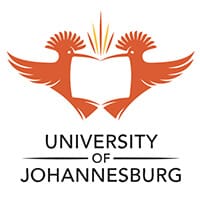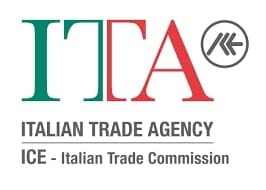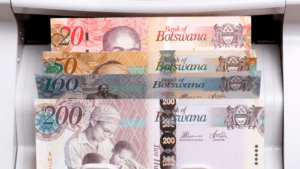
Who We Are
Who Owns Whom
Who Owns Whom (WOW) was established in 1980 as an independent organisation producing high quality, original research on African industry and business.
Our Solutions
WOW solutions inform key business functions
Market Intelligence and Strategy
Gain valuable insight into target industries, new opportunities and understand potential vertical and horizontal expansion opportunities.
Know Your Customer/Supplier
Corroborate information supplied by customers, prospective customers and suppliers.
Compliance and Risk
Independent third-party corroboration of ownership and statutory information
M&A, FDI and Private Equity
Identify, understand and monitor investment changes and opportunities across the African continent.
Learning Solutions
Use industry reports as a basis for an analysis of key success factors, pain points and competitive landscape of African industries.
Trusted by leading brands
Media
Most recent articles
BlogCountries ManufacturingSouth Africa
Is the Tyre Industry in South Africa running flat?
Contents [hide] Introduction The South African Tyre Manufacture Conference (SATMC), the official industry body and trade association of local tyre manufacturers, reports that the installed production capacity of tyres has...
BlogCountries Mining and quarryingSouth Africa
South Africa’s mining decline and its impact on economic growth
Contents [hide] Continued trend in the South African mining industry It is clear that South African mining production has been in decline for quite some time, a critical issue for...
BlogCountries ConstructionSouth Africa
The boom and bottleneck in South Africa’s building installation industry
Contents [hide] South Africa’s construction sector has been in decline for many years, with several high-profile listed companies filing for business rescue or liquidation. Large, complex infrastructure projects have followed...
BlogCountries BotswanaFinancial and insurance activities
A snapshot of Botswana’s financial services industry
Contents [hide] A comparison between the financial services industry in Botswana and other middle-income countries The financial services sector in Botswana is similar to other middle-income countries like South Africa....
BlogCountries Human health and social work activitiesSouth Africa
Healthcare funding in South Africa – medical aid schemes coverage versus universal coverage
Contents [hide] Medical aids have been in the crossfire since the NHI Bill was signed into law by President Cyril Ramaphosa in May 2024. Even without this threat, medical aids...
BlogCountries South AfricaTransportation and storage
Innovation steering the transport and logistics industry in South Africa: Trends, challenges, and opportunities
Contents [hide] The transport and logistics industry is a lifeline of any economy, and South Africa is no exception. Since the advent of democracy, after sanctions were lifted, South Africa’s...
ManufacturingSouth Africa
Manufacture of basic chemicals in South Africa, a strategic pillar for industrial development
Read MoreAdministrative and support activitiesSouth Africa
State-owned enterprises in South Africa – a sword of Damocles for the fiscus
Read MorePublic administration and defence compulsory social securitySouth Africa
South Africa’s security industry: A puzzle worth unravelling
Read More











































































